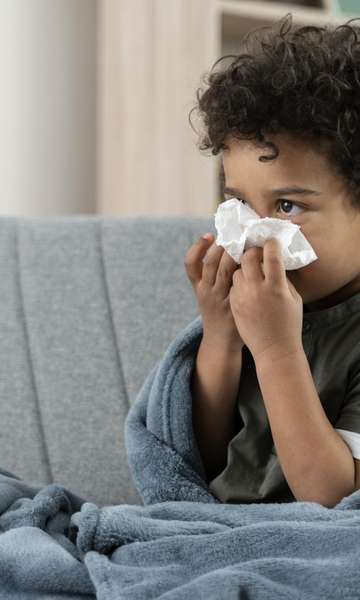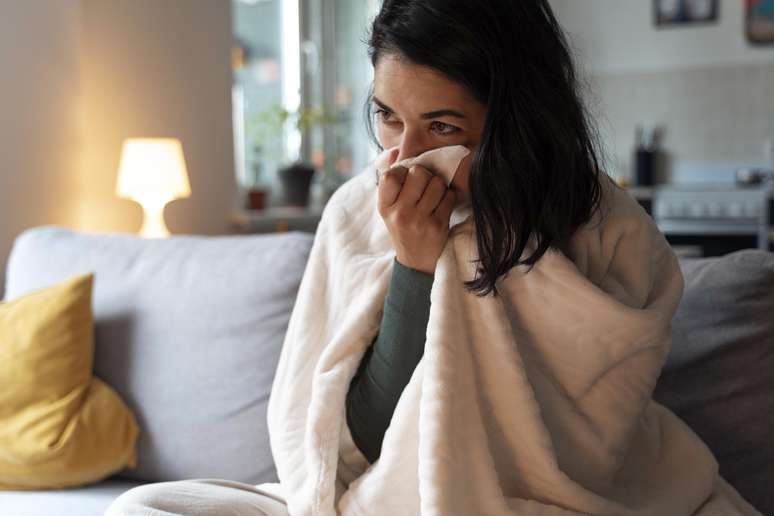Understand what can make the flu more dangerous and how to protect yourself.
Although influenza is often perceived as a common, temporary illness, it can develop into serious and even fatal conditions in some groups of people.
In conversation with the Earth youpalliative doctor Michele Andreata, from Health at homereinforces the fact that annual vaccination is the most effective measure to prevent complications. However, the professional underlines that the vaccine must be integrated with other preventive actions.
Who is most vulnerable?
Some groups are more susceptible to severe influenza due to biological, social factors, or pre-existing conditions. I am:
- Seniors aged 60 and over;
- Children under 5 years old;
- Pregnant and postpartum women (up to 45 days after giving birth);
- Individuals with chronic diseases, such as cardiovascular, respiratory, kidney or liver disease, diabetes and obesity;
- Immunosuppressed, including people with HIV, cancer patients or transplant recipients;
- Indigenous peoples;
- People in institutionalized situations, such as in nursing homes or prisons.

What is the difference between the flu and a cold?
8 factors that increase the risk of complications
Some aspects significantly increase the possibility of progression to serious conditions. According to Dr. Michele Andreata these are the main factors:
1. Advanced or extreme age – the elderly and young children are more vulnerable.
2. Chronic diseases – includes severe asthma, COPD and heart failure.
3. Immunosuppression – due to illnesses or treatments, such as chemotherapy.
4. Morbid obesity – people with a BMI of 40 or more are at greater risk.
5. Pregnancy and postpartum – immunological changes make these phases more delicate.
6. Lack of vaccination – not being immunized increases the severity of the infection.
7. Smoking – compromises lung function, worsening the effects of the flu.
8. Unsanitary conditions – overcrowded or poorly ventilated environments favor complications.
Protective measures go beyond the vaccine
Although annual immunization is essential, other practices complement protection:
- Regular hand hygiene and use of alcohol gel
- Respiratory etiquette, cover your face when coughing or sneezing
- Avoid crowded places, especially during periods of high viral circulation
- Ensure well-ventilated environments
- Track chronic diseases
These simple actions can save lives, especially among the most vulnerable groups. “The combination of strategies is essential to reduce the risk of transmission and serious complications,” concludes the doctor.
Source: Terra
Ben Stock is a lifestyle journalist and author at Gossipify. He writes about topics such as health, wellness, travel, food and home decor. He provides practical advice and inspiration to improve well-being, keeps readers up to date with latest lifestyle news and trends, known for his engaging writing style, in-depth analysis and unique perspectives.









